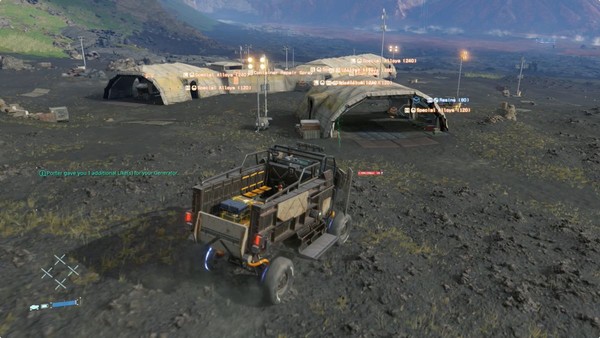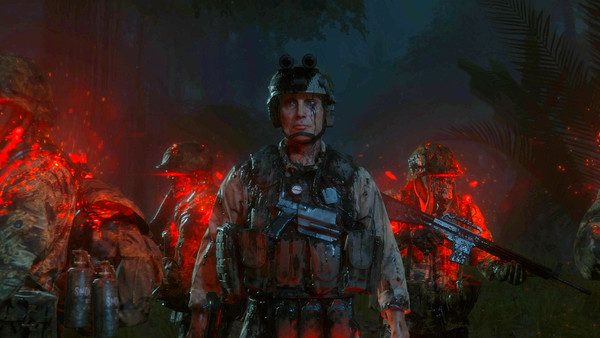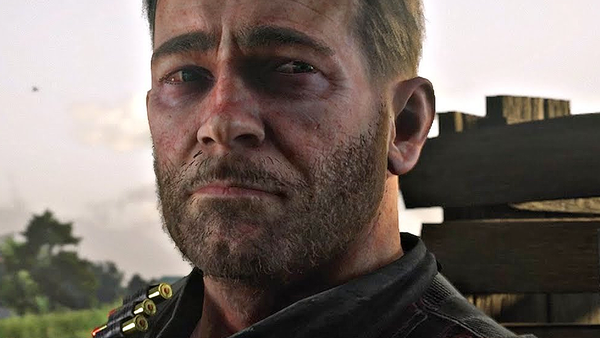How Death Stranding Should Have Ended
2. Tie The Game's Win State To Everything You've Done Beforehand

Back to gameplay, and one of the biggest takeaways Hideo Kojima wanted Death Stranding players to have, was a feeling of "omoiyari".
Omoiyari is the Japanese term for a sense of empathy between strangers. Kojima noted when talking to Gamespot that he was touched and inspired by the various way stations that exist on the trail up Mt. Fuji, where travellers will leave words of encouragement or advice for whoever is coming next, not knowing who that will be, or if they'll even be seen.
He also discussed the notion of a war widow receiving word of their partner being killed in battle, but the time taken for them to be notified means the emotional reaction is somewhat staggered; 'out of sync' from when the event happened.
All of this is the bedrock for what Death Stranding knocks out the park. At any given time you're charting a path through a harsh environment, for thousands of others whose only way to say thanks is leave a "Like" on your equipment. You can deliver peoples' dropped mail, group-build new roads together, retrieve stolen gear from marauding Mule bandits - all round it's a "multiplayer game", but without multiple players in the same exact space.
You can even tap the touchpad to see if another person is standing where you are in their respective universe, and you'll hear their Sam respond if so.

However, whilst all of this stuff is supposed to engender a feeling of companionship, caring and sharing, it's not reflected in the game's story or outcomes whatsoever.
You could live frugally, profiting off the roads others built, leaving your packages for people to pick up, taking resources all your own and giving nothing back. The game will still make Sam the saviour of the world, with the same cutscenes playing out.
The nearest thing Kojima programmed as to all your work paying off, is at the close of the game when you have to travel back to the beginning. You can use everyone's combined ziplines, roads and pathways to do so in a cinch, and it feels great.
That said, how much more would this sensation of hard work and making a societal, charitable effort pay off, if the only way to get the best ending was to really care?
-- Spoilers for Red Dead Redemption 2 --

To compare, Red Dead Redemption 2 takes a VERY strict stance on where Arthur Morgan ends up. Either you've lived well enough to tip your morality meter over the halfway mark, and you can die in peace, or you're 50% or lower, and you're put down like the dog the game thinks you are.
No middle ground, no "well eventually, I was totally going be good!". Red Dead draws a line in the sand; a measuring stick for players' sensibilities, and says "If you can't match this, you're done."
Hideo Kojima wanted Death Stranding to teach people the value of caring without seeing immediate rewards. Whilst that sentiment does still come through and I cherish it, it could've been delivered with a bullet if there were repercussions for those who didn't play as intended.